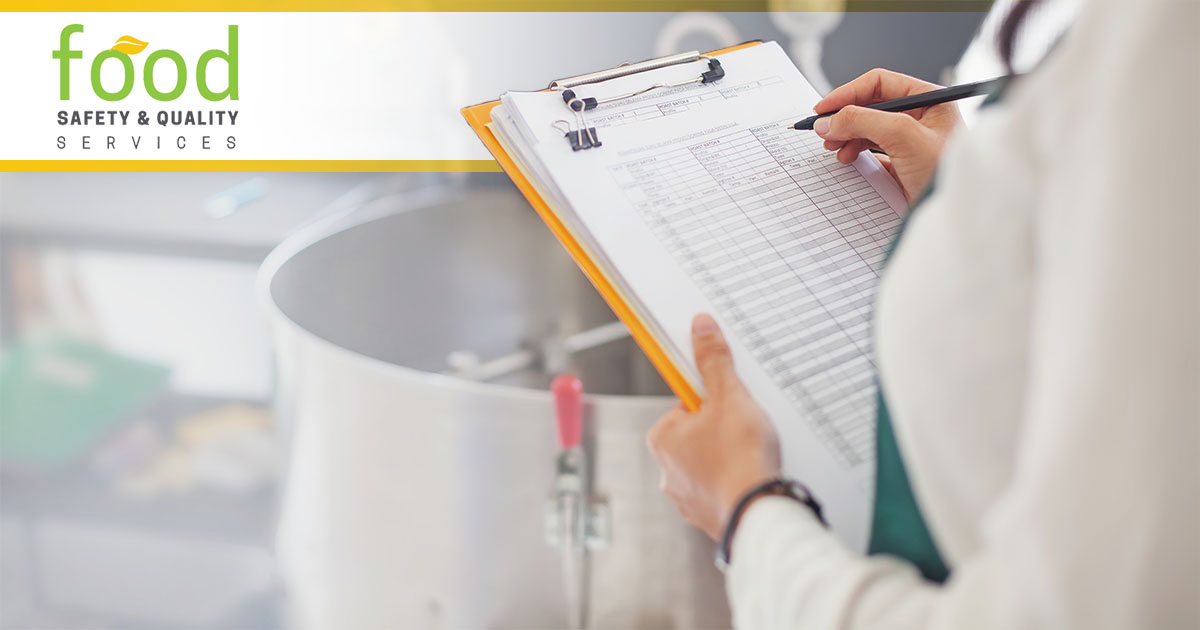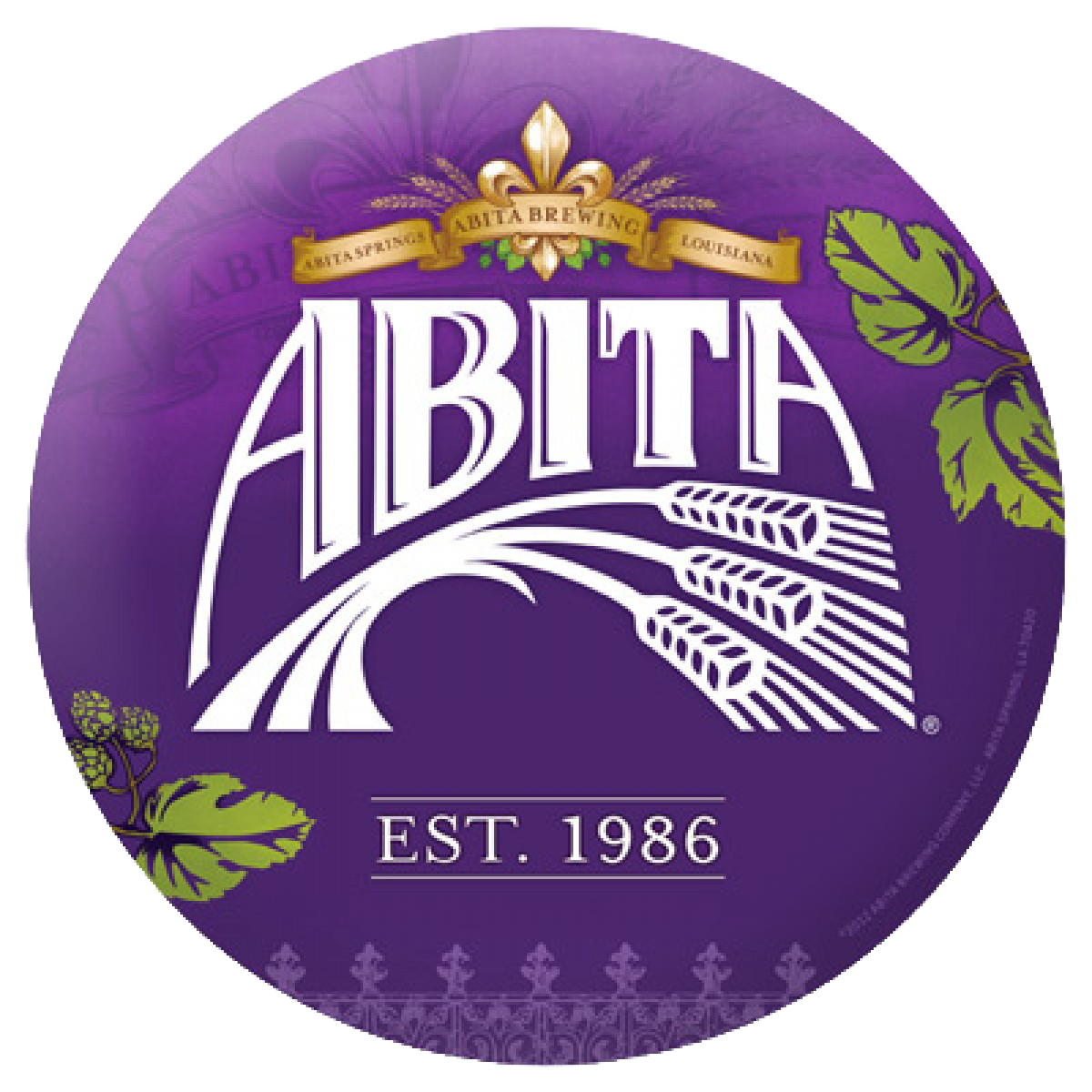Food Safety Culture Plan
FOOD SAFETY CULTURE PLAN
What You Need to KnowFood Safety Culture is defined by the Global Food Safety Initiative as “shared values, beliefs and norms that affect mindset and behavior toward food safety in, across and throughout an organization."
An organization’s culture can have a significant impact on the food safety and quality program. The greater the food safety culture, the greater the influence that culture can have with producing a safe, legal and consistent food product.
To develop a positive food safety culture, you’ll need a structured, multi-year plan in place with measurable objectives and progressive goals to continuously increase food safety awareness. In today’s post, I’ll discuss what a food safety culture plan is, why it’s important, and how to get started.

WHY DO I NEED A FOOD SAFETY CULTURE PLAN?
The Global Food Safety Initiative (GFSI) recognizes the importance of culture and how it affects food safety and quality. Currently, the BRCGS audit scheme requires that each certified facility implement a food safety culture plan with measurable objectives. SQF (Safe Quality Food) is working on a newly revised Issue 9 where senior site management will be required to lead and support a food safety culture within the site that includes a documented culture plan with measurable objectives along with the empowerment of staff to inform management of potential food safety issues.
But this is not just a GFSI initiative. FDA also recognizes the importance of an effective food safety culture and is currently assessing culture as part of their compliance audits. FDA has recently released their “New Era of Food Safety” plan, which is centered around 4 key elements:
Food Safety Culture Plan
Is it the same as a Food Safety Plan?WHAT ARE COMMON FOOD SAFETY CULTURE ELEMENTS?
How Do I Get Started
Managing and influencing a company culture can often be a challenging task. Food Safety and Quality Services has created a new training program called developing a positive food safety culture that will assist attendees with designing an effective food safety culture program that meets individual organizational needs while also meeting the current GFSI requirements. Schedule your class today to learn how to gather baseline data to understand the current maturity level of your company’s culture as well as how employee education, empowerment and retention can positively influence food safety.
Prerequisite programs that will help with a food safety culture implementation include HACCP, Preventive Controls for Human Food, ServSafe Food Protection Manager and Food Defense (IAVA).
Register for one of our upcoming classes or contact us today to schedule your in-house training.
About the author

Lance Roberie
Food Safety Consultant and TrainerLance Roberie has over 20 years of quality assurance and food safety experience within the food industry. Mr. Roberie holds the following certifications:
- Certified Food Safety HACCP Manager
- Preventative Controls for Human Foods (PCQI) Lead Instructor
- Meat & Poultry and Seafood HACCP Lead Instructor
- FSPCA Food Defense (IAVA) Lead Instructor
- ASQ Certified Manager of Quality & Organizational Excellence
- ServSafe Instructor and Exam Proctor
- Internal Auditor and GFSI Specialist
Lance and the Food Safety & Quality Services’ training curriculum will advance your team's food safety knowledge through certified training, consulting, and “real life” industry scenarios.
upcoming Classes
September 17, 2025 09:00 AM - 03:00 PM
October 14, 2025 08:00 AM - October 16, 2025 05:00 PM
August 26, 2025 08:00 AM - August 28, 2025 05:00 PM
Need a Food Safety Specialist?
Free 15 Minute Consultation.Learn how we helped Abita Brewing Company pass their first food safety audit with an A grade.

